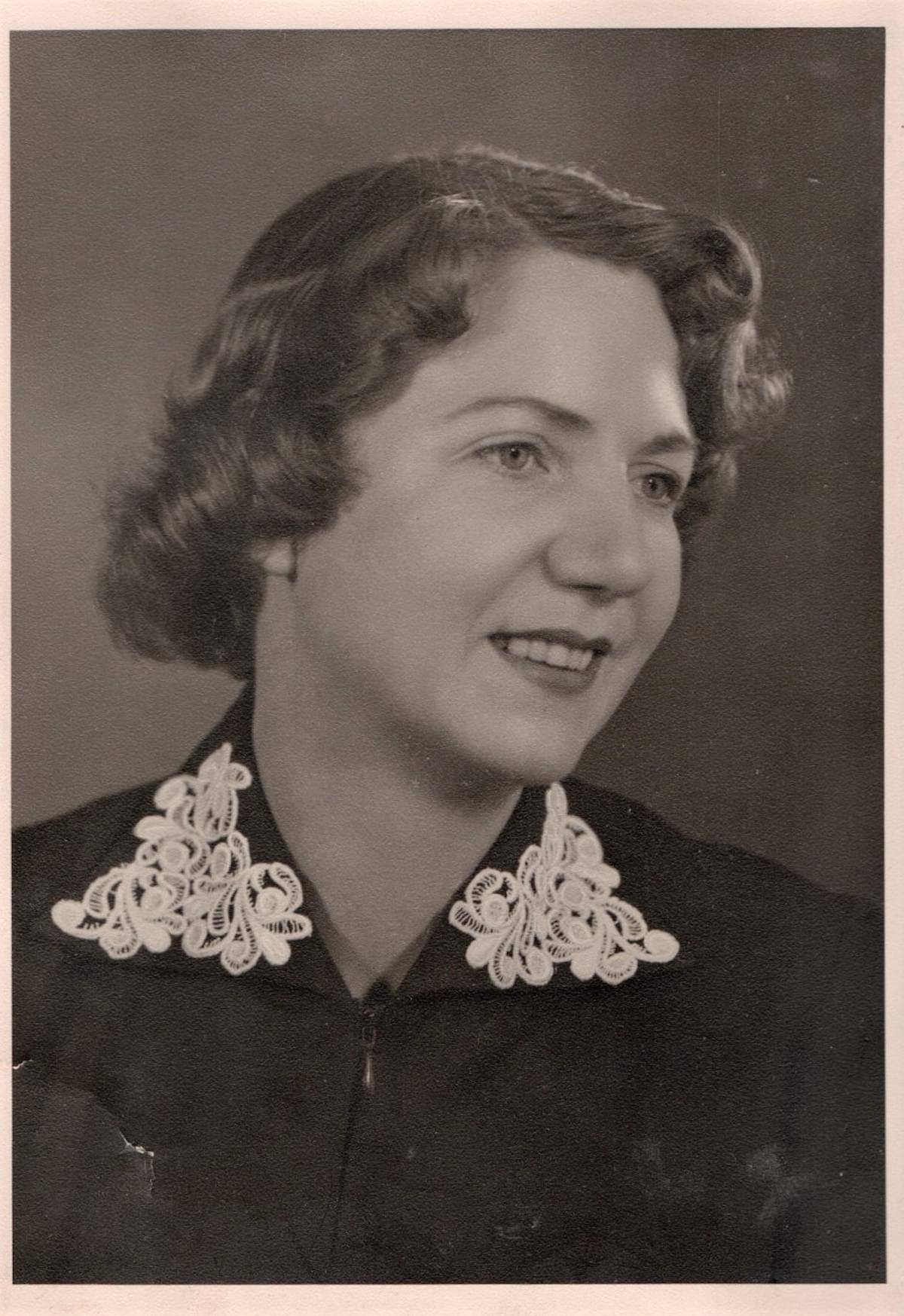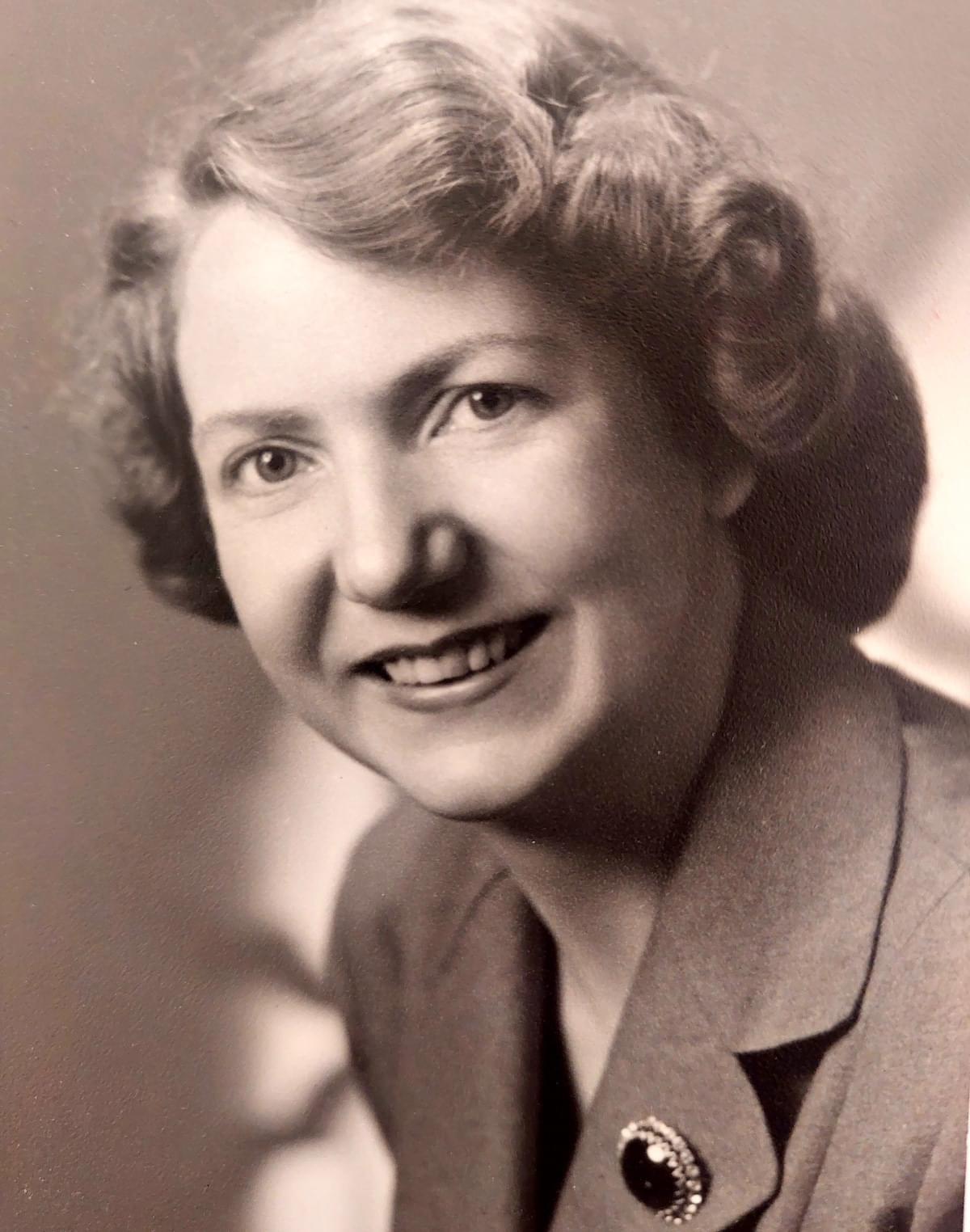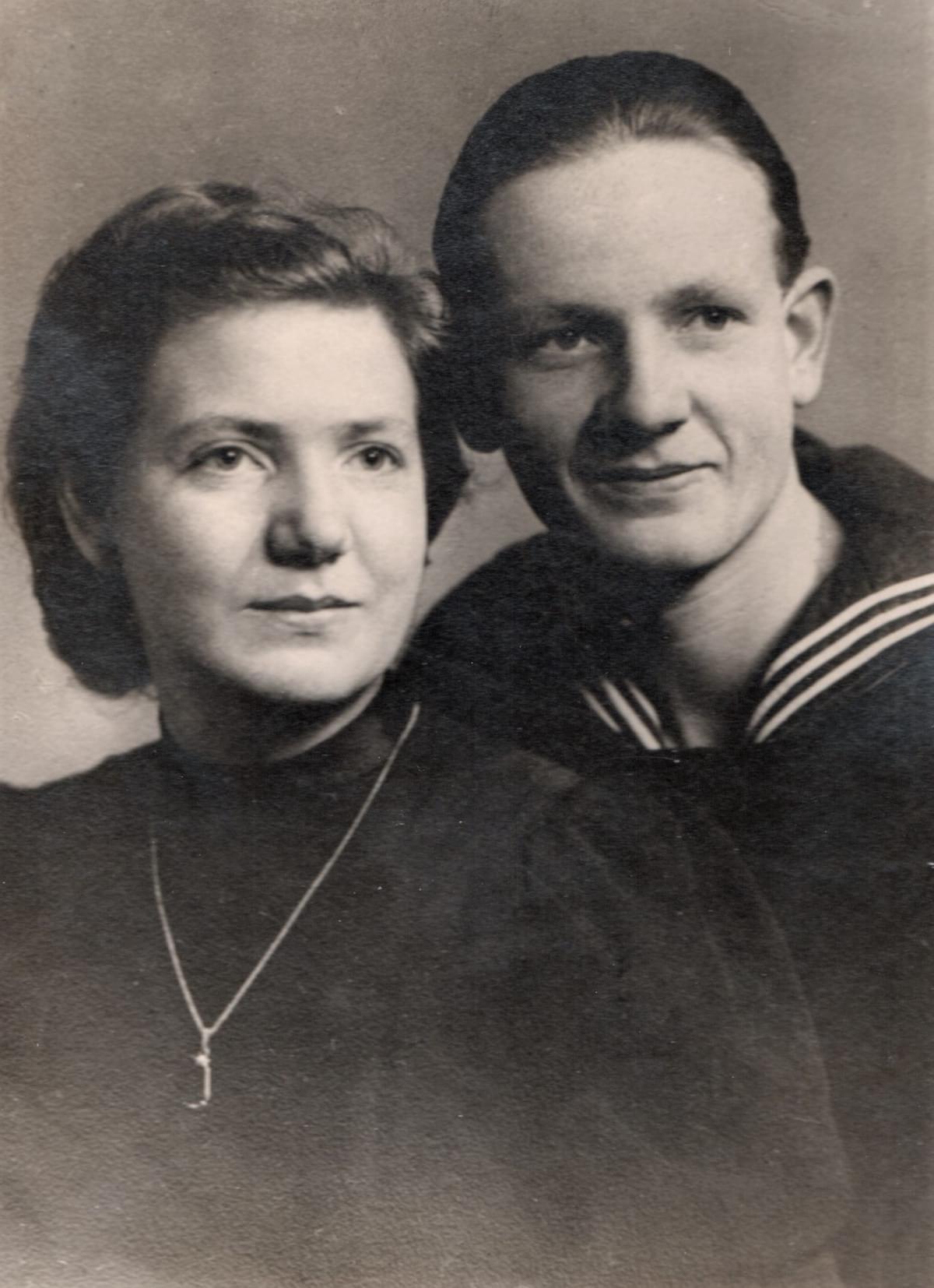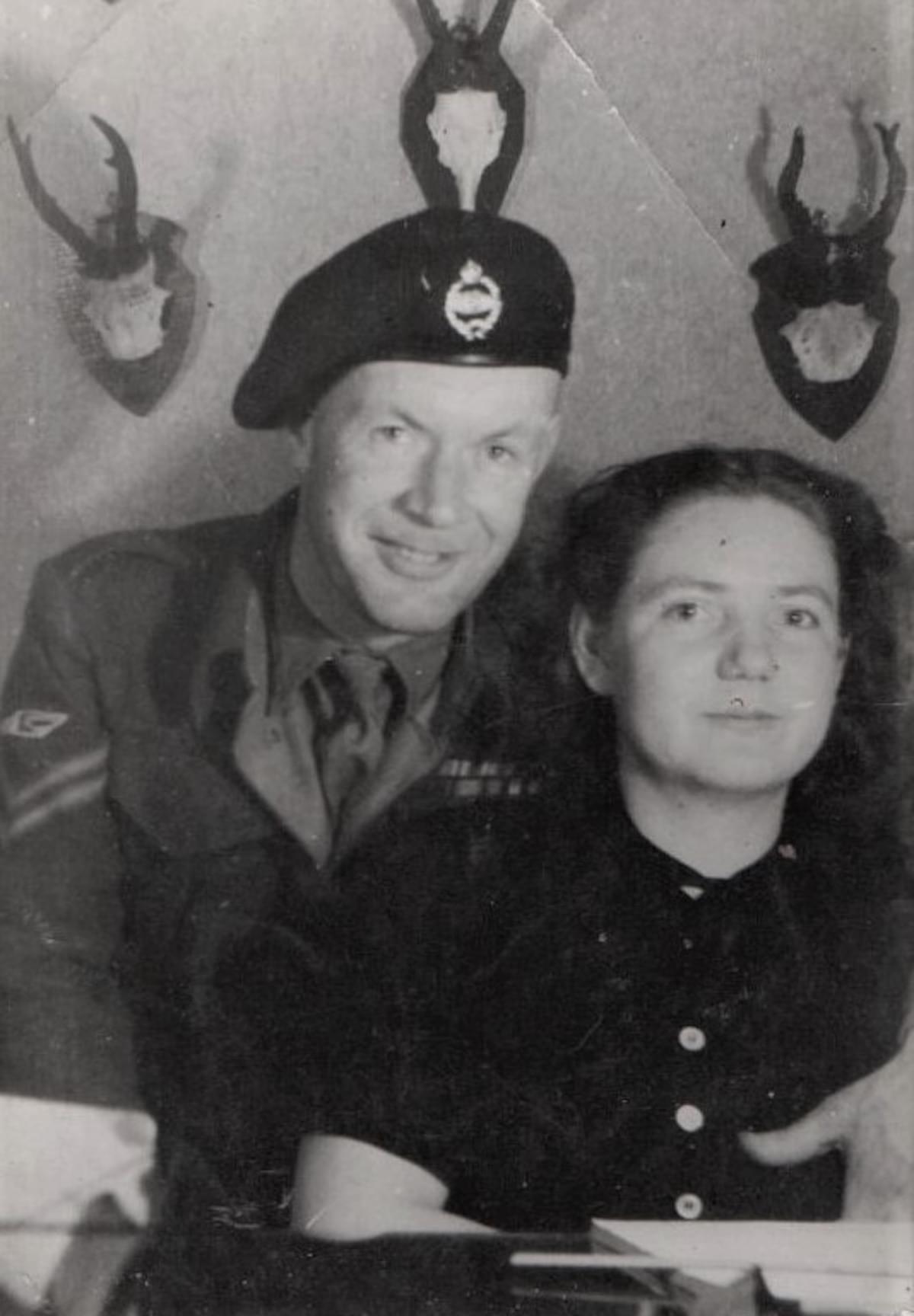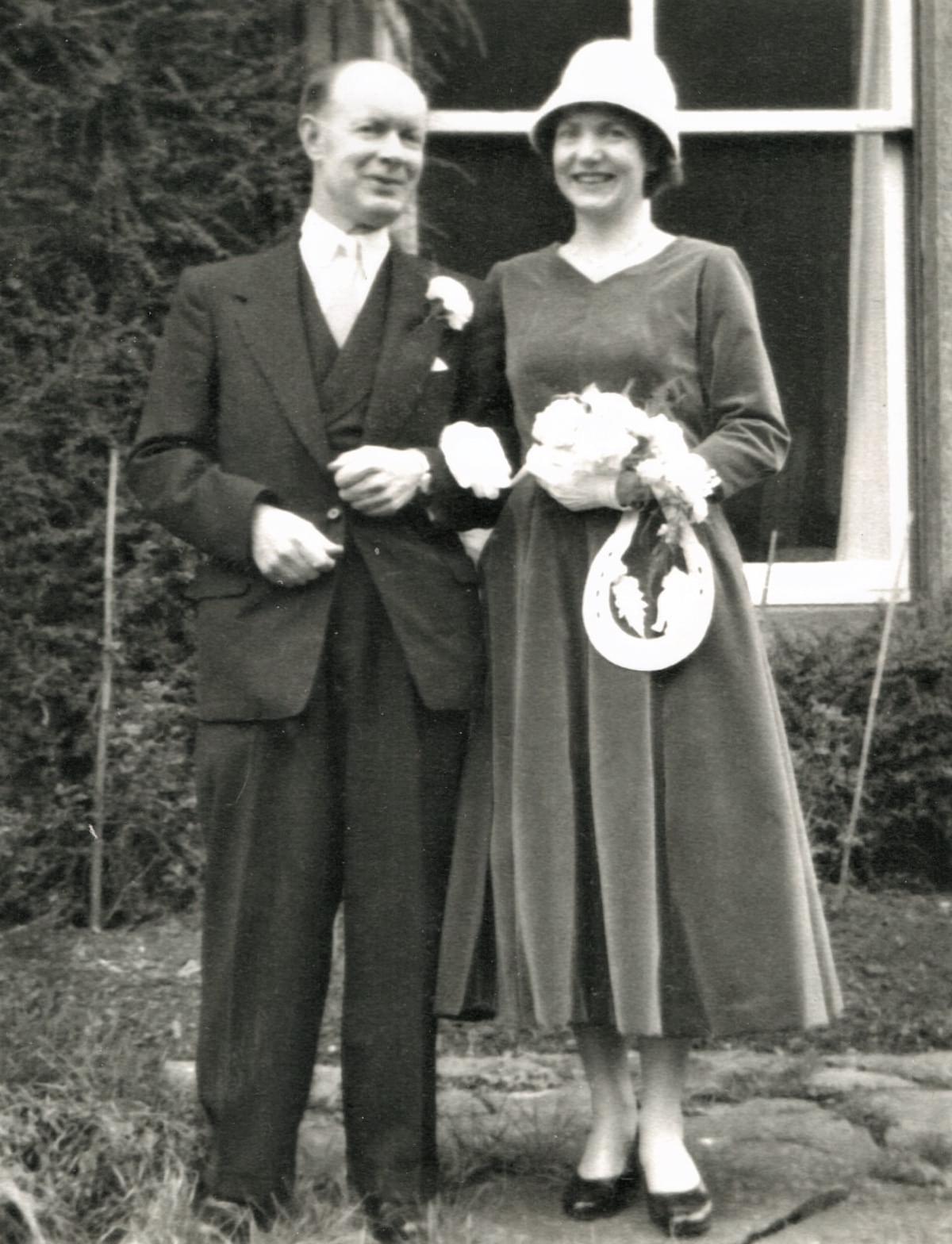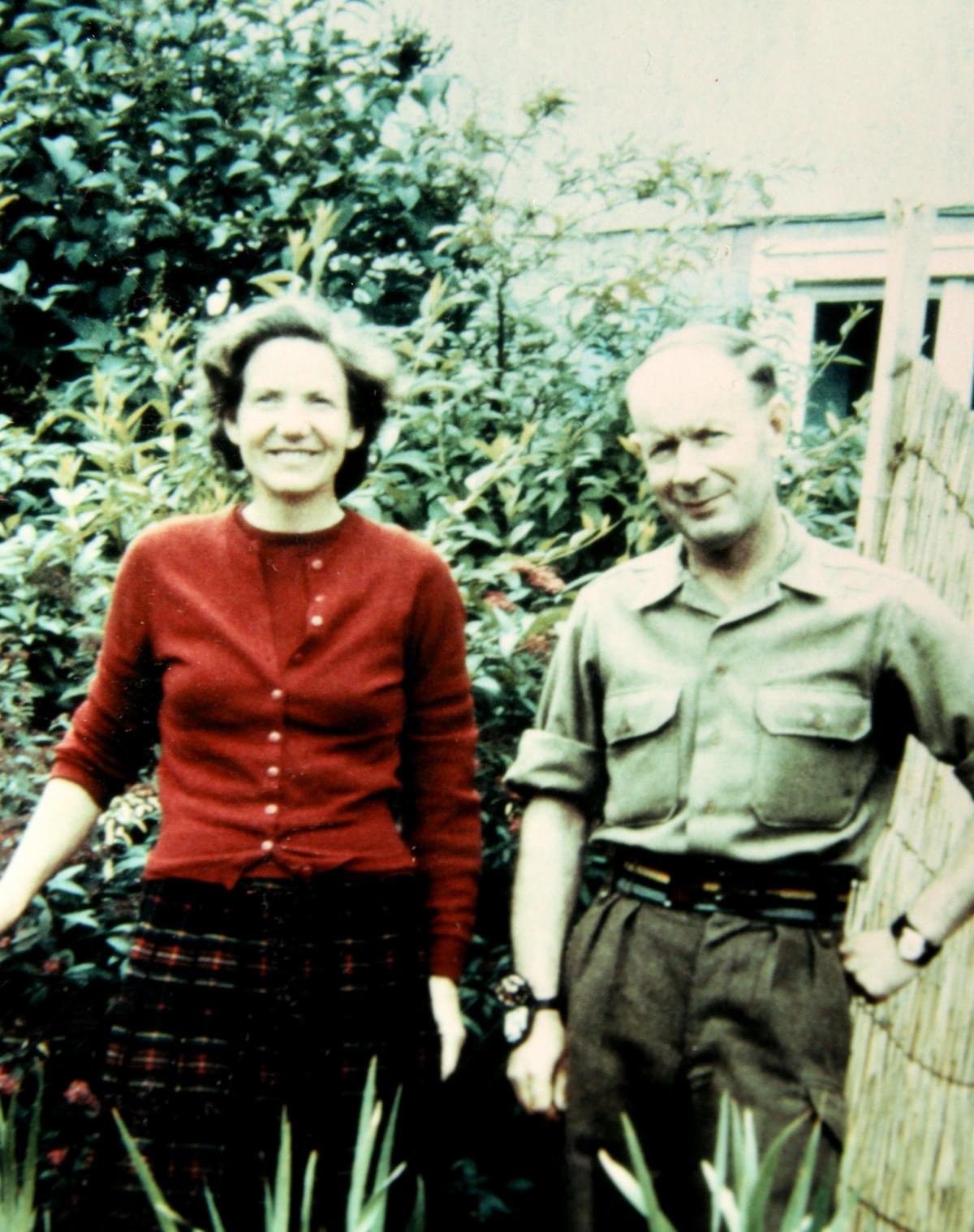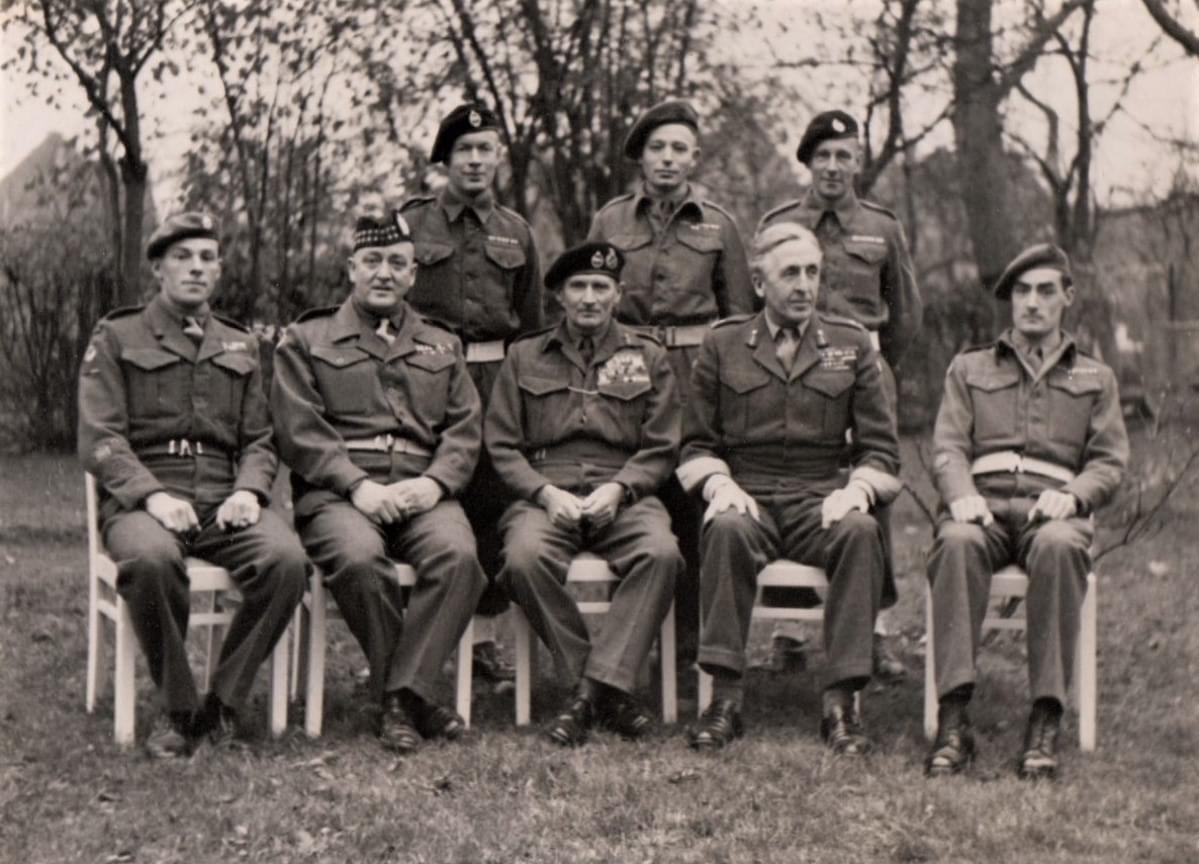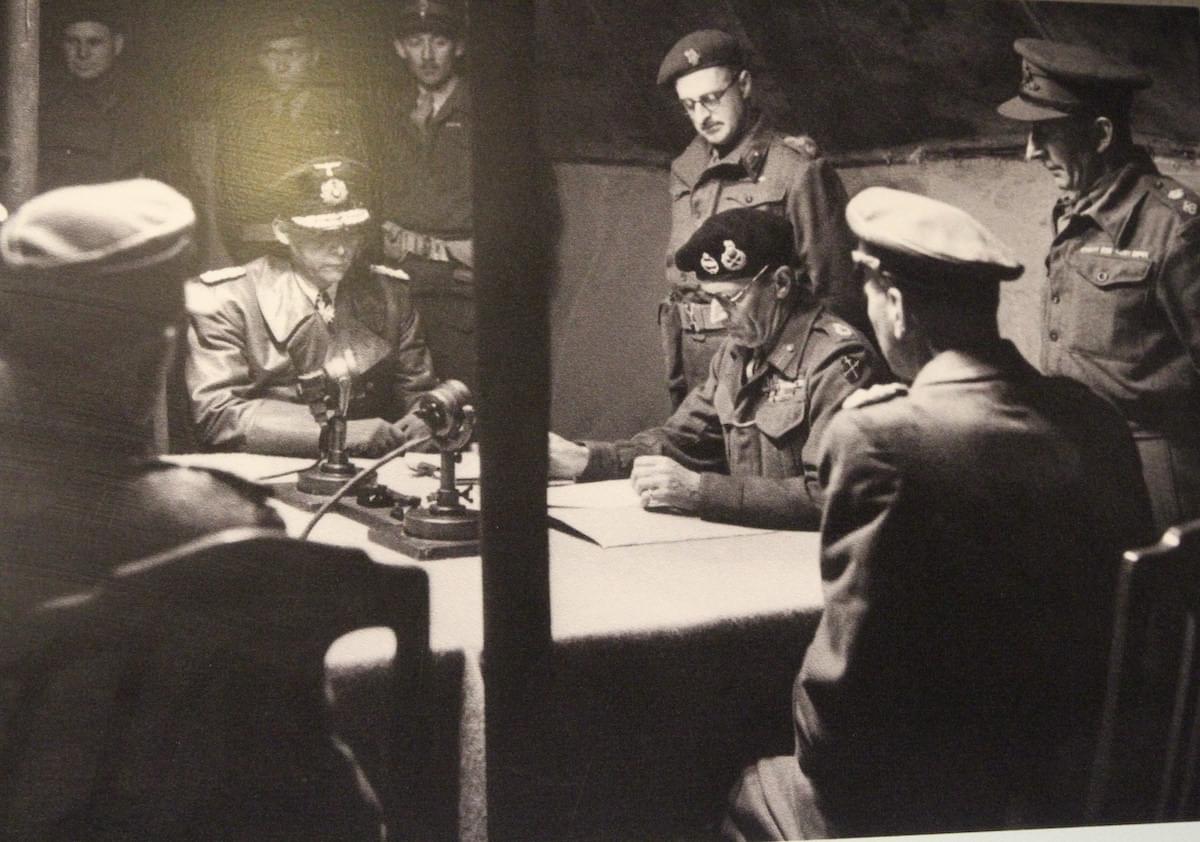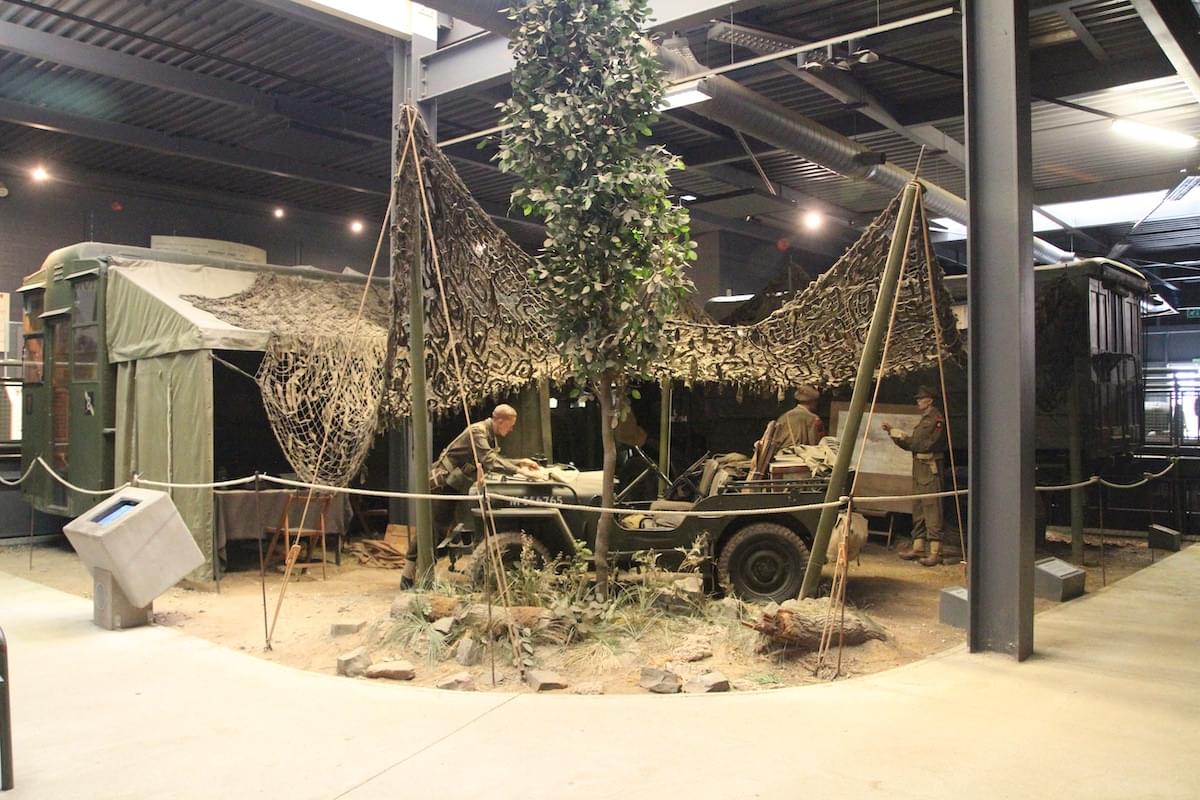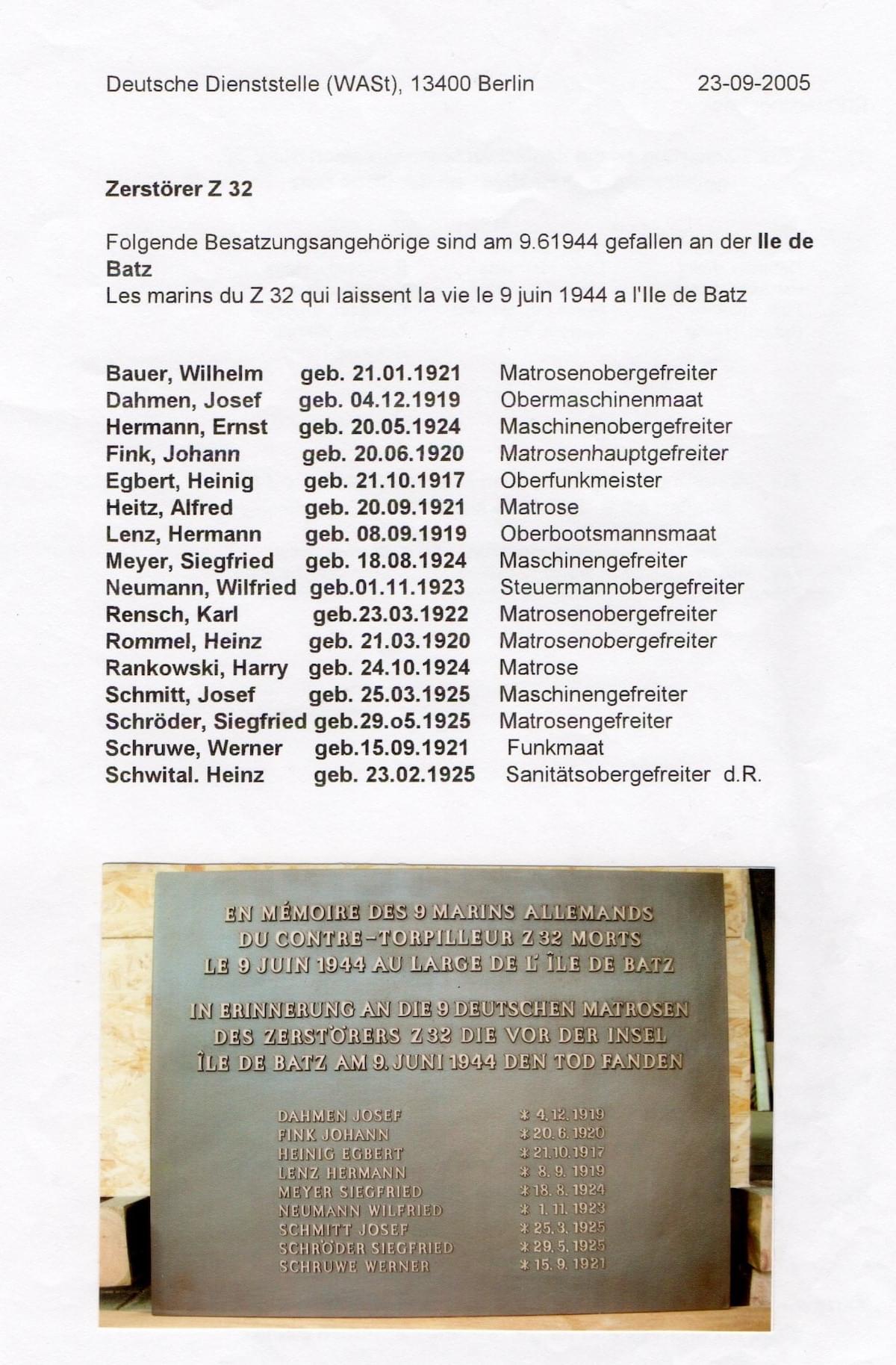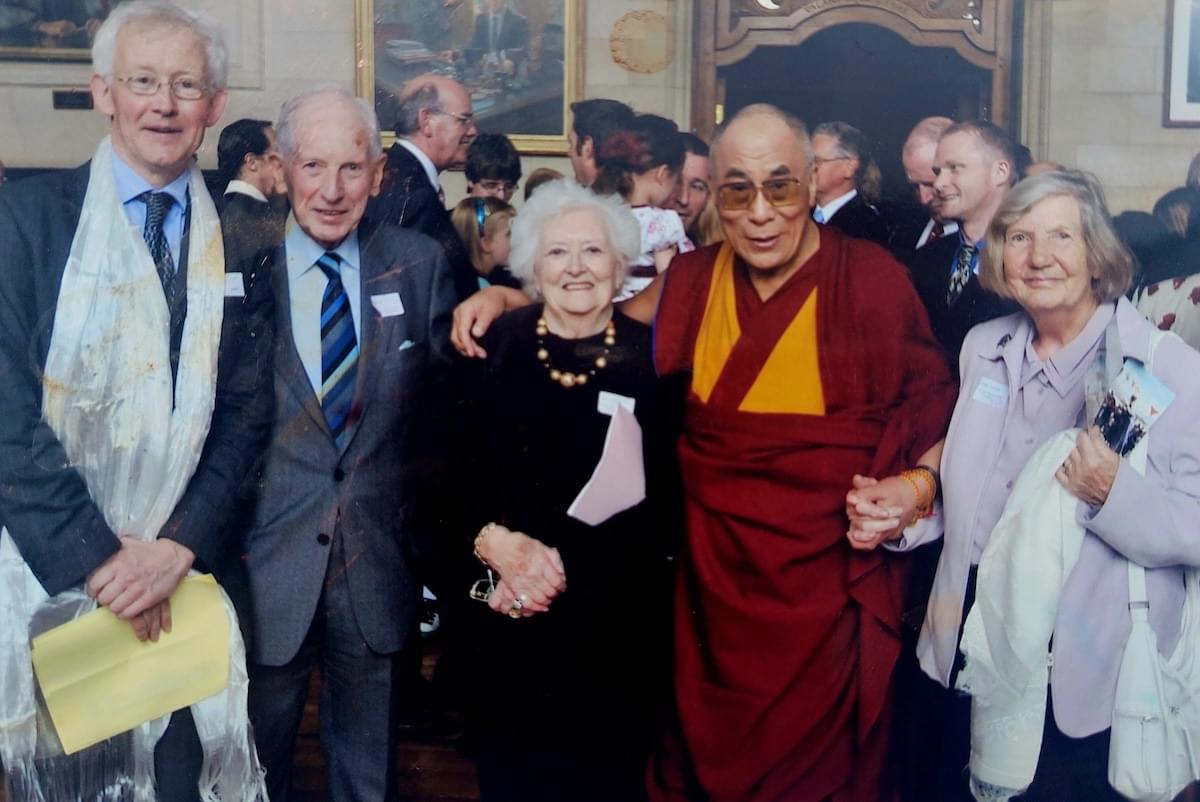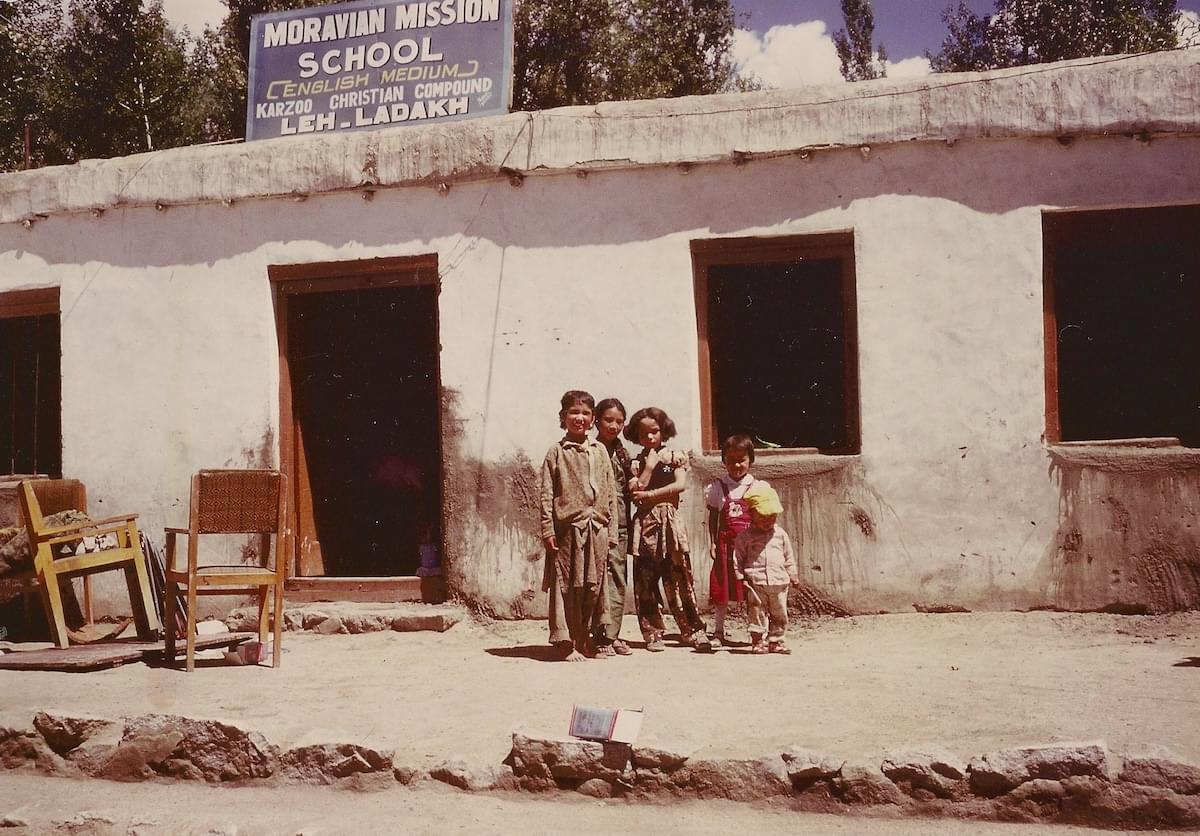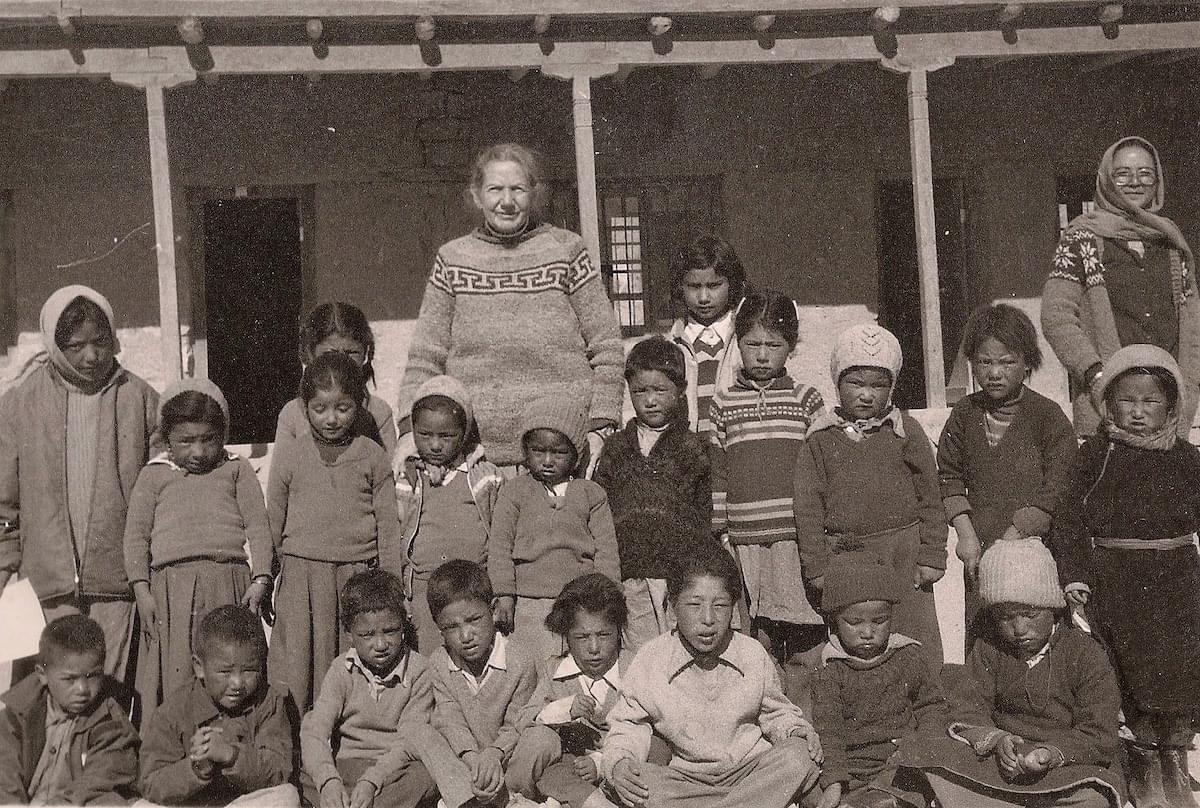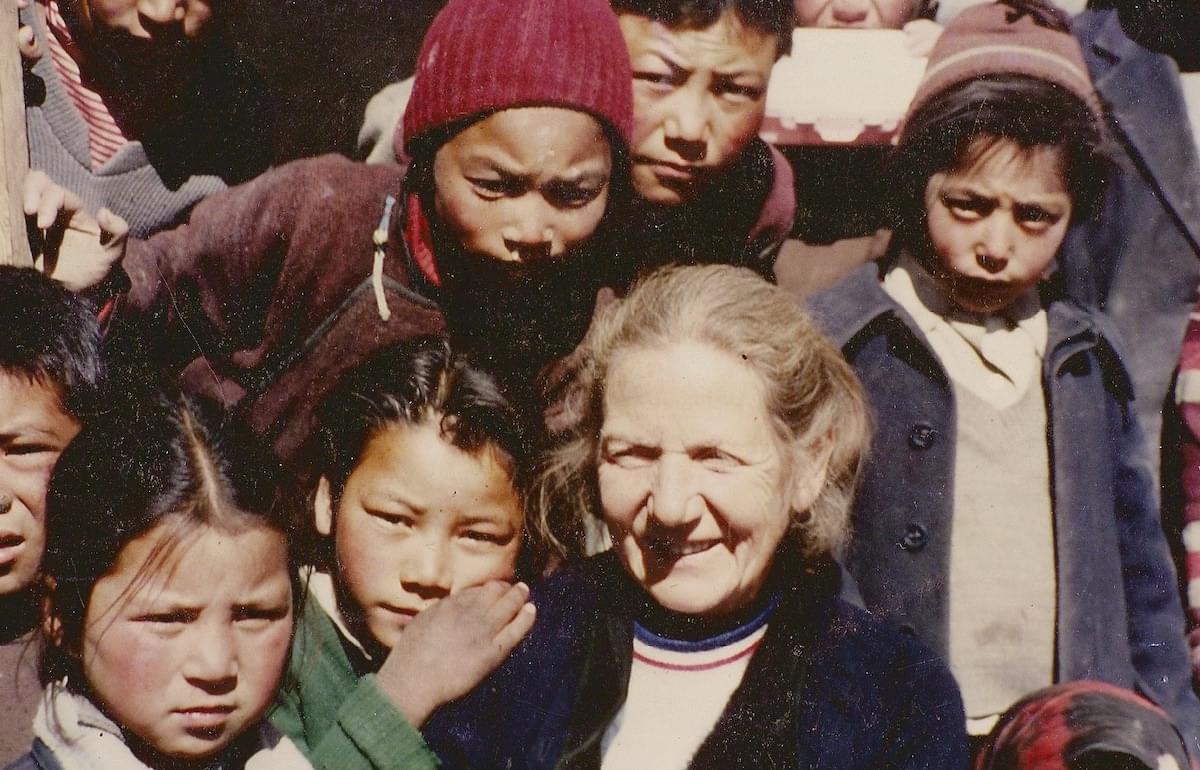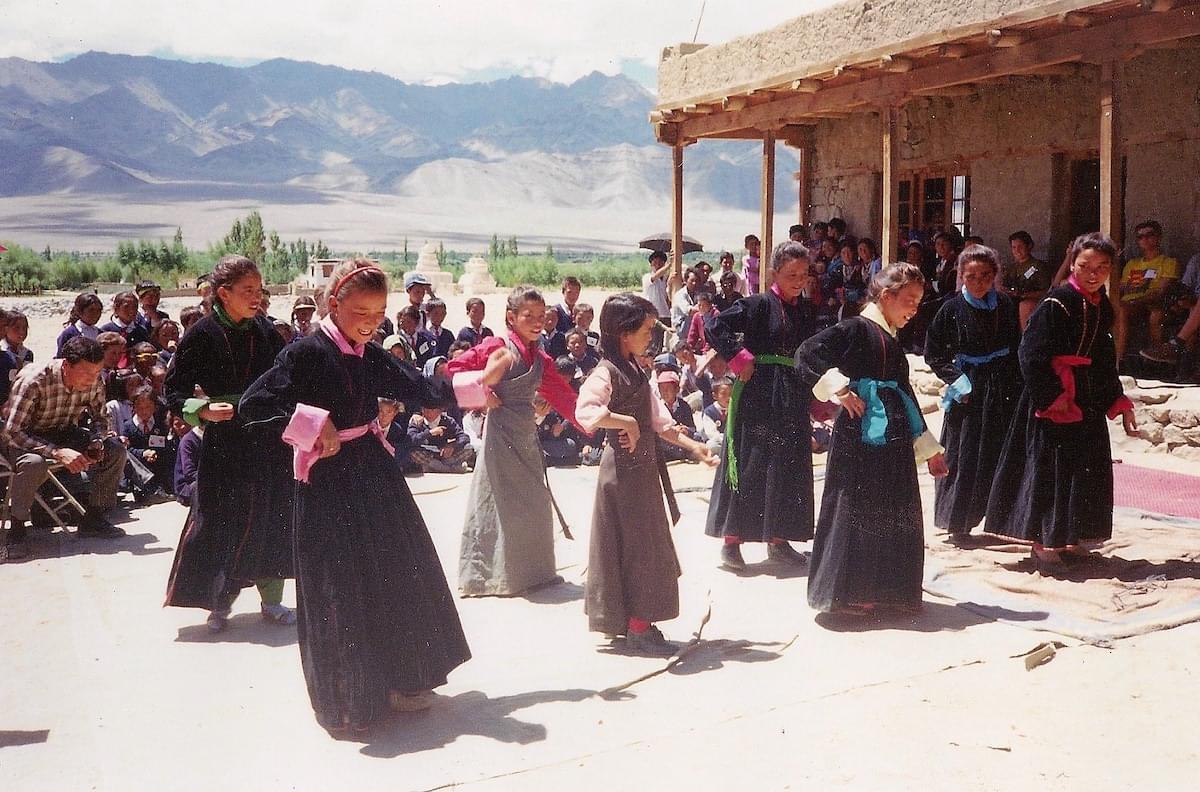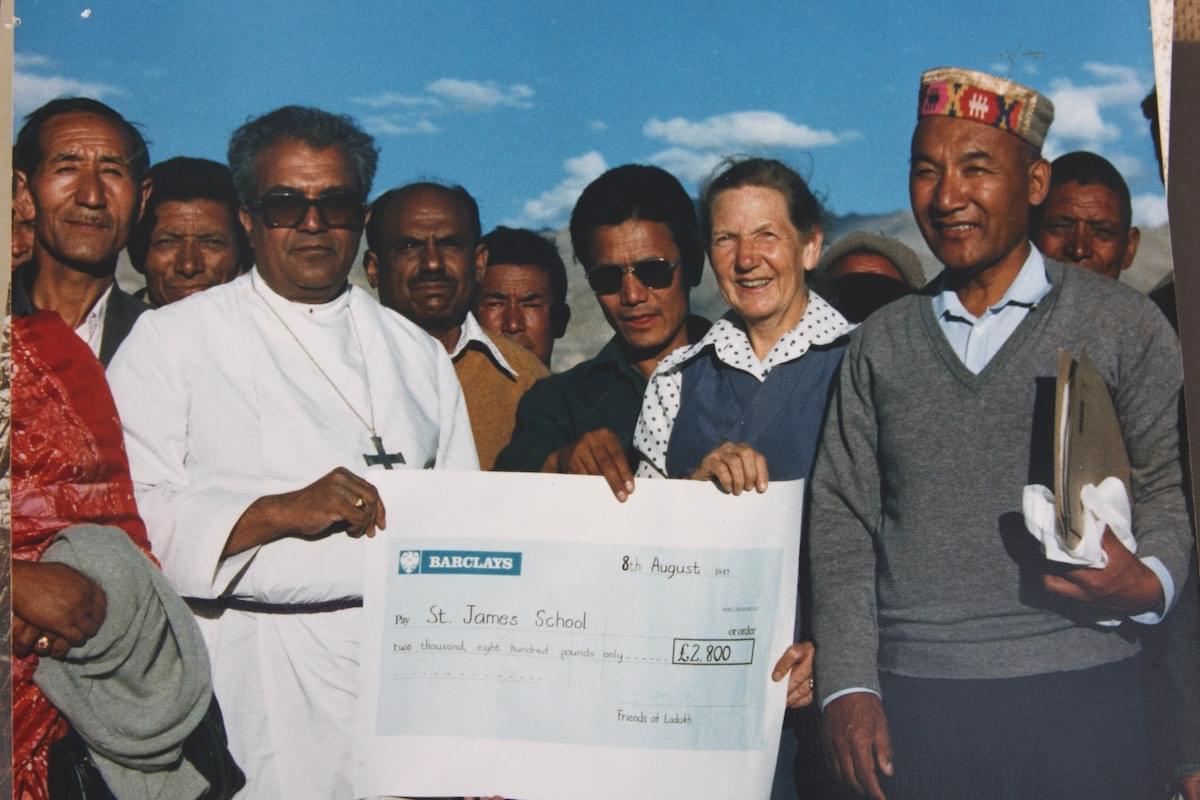
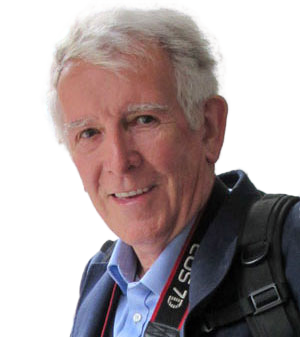
BY DAVID CUMMINGS BEM
February 2024
Christleton Personality Gertrude Wright
1924 - 2024
(Part 1)
Many of you from the Village and Church will know Gertrude Wright who until recently lived in Home Close. She is now in a Care Home, and in end of life care, but I want to pay tribute to this amazing lady who is coming up to her 100th Birthday at the end of February. We have had the privilege of looking after her for the last five years I guess, together with Gwen Knight & Roger Croston. This is the first part of her story, one, which few people can imagine. She is truly a remarkable lady.
Gertraud Frieda Louise Schroder was born at Magdeburg, in East Germany on 27th February 1924 to Hans and Louise Schroder. Hans was a master baker in the family business together with his brother. The bakery in the city was very popular with everyone and Gertrude loved the smell of freshly made rolls in the early morning.
Gertrude had a younger brother Siegfried who she loved, and was really upset when at the age of 17 years he was made to train for war with the Hitler Youth movement. At 18 he was conscripted into the German Navy and after 3 months was sent to join a destroyer. His first view of the sea was when he joined his ship. After less than a years service and with only one short break at home, Siegfried, aged just 19, was killed not far from the Normandy beaches in the Battle of Ushant close to the Isle de Batz on 9th June 1944.
The family had lived at the edge of the countryside and were able to grow their own vegetables, particularly potatoes on a small strip of land. Gertrude and Siegfried did a lot of this work guided by their mother. Father had been sent to join what we would call the Home Guard, as he was much too old to join the army. In 1939 there were extra holidays and she loved working on a local farm. “You had to gather potatoes working on your knees, and we sheltered in the threshing shed when it was raining. She also helped the farmer’s wife making cakes.
12 year old Gertrude was inspired to run after reading about, and listening to radio reports of the 1936 Berlin Olympic Games. She knew about Jesse Owens, and the games inspired her to run to school each day, running past four bridges by the river and then uphill the final distance to her school, which was near the Cathedral in Magdeburg.
Gertrude was a student at the Grammar School when war broke out. She studied three languages, and especially enjoyed English. Later, between the ages of 16 and 19 years she took an apprenticeship in engineering, and worked as a secretary for the director of a company producing steam engines for the agricultural industry. She excelled at this, and was the top student, beating all the boys in the group, and gaining a first. She learned a great deal during this apprenticeship, which enabled her to get a scholarship to study languages. During the two years she worked as the secretary for the Director, she had no holidays, but saved them up to have a term’s study at an English College in Bonn.
In late 1944 the American Army came on the scene after the city of Magdeburg, like nearby Dresden, had been completely destroyed. During the winter of 1944 she did some translating for them. She didn’t like the atmosphere of working for the Americans, but with the Russian Army coming fast towards her village, she was persuaded by her director, to volunteer for the British Army. In doing so, Gertrude and her school friend, escaped the horrors that happened to many of the women and girls of the area, if found by the Russians. Gertrude walked for 6 days to volunteer as a translator/interpreter for the British Army.
Just in time, the Royal Armoured Corps of the British 8th Army led by Field Marshal Montgomery took over that sector, having previously been stationed near the River Elba. At their temporary base, Gertrude and her friend lived in houses adjacent to their headquarters building, together with the headmaster’s wife from the local school. They were given lots of privileges and allowed to go into the Officers Mess to have breakfast, when the Officers had left for the day. “It was a real treat you know, real bread for us to eat!”
Field Marshall Montgomery was in charge of the Brigade, when the Royal Scots Greys joined up with the 1st Royal Tank Regiment. Whilst carrying out her interpreting duties, Gertrude repeatedly kept being given translation tasks by the same English officer, one of Monty’s personal bodyguards. Tank Captain W.O. Arthur Wright. “He clearly had seen someone he liked very much”
Gertrude and her fellow translators had jumped at the chance to work for the British, and accompanied the Brigade to Luneborg Heath, where the Peace Treaty was to be signed. Gertrude was now amongst the backroom staff providing translations on Luneborg Heath. She saw the German High Command arriving so was witness to the signing of the treaty to end the war, at 6.30pm on 4th May 1945.
After the signing on Luneborg Heath, the British Army moved on, and between 1947-48 Gertrude worked in Frankfurt for an American Film Company, and later the German Railways. She didn’t enjoy working with the Americans although she loved meeting the stars who were always very nice to her. She worked on the opera “La Traviata” and so began her love of opera and musicals.
Her work on the German Railways enabled her to have a free pass, and she travelled all over Europe, almost always alone. On one occasion she visited Aix, Marseilles and other parts of Provence. She later won a scholarship to study languages at Grenoble University. It was here that she learned to ski.
It is rather ironic, that whilst serving under Montgomery in one of the first tank landings of D Day on Sword beach in Normandy in June 1944, Arthur was injured when a German grenade hit his tank, and he was immediately taken out of the battle and repatriated to England. On 9th June Gertrude’s brother Seigfried, a naval rating on Z32, a German destroyer was killed when it was shelled and sunk by the British. It was in the 1990’s that a very determined Gertrude challenged many authorities in Germany & France to allow her to create a memorial garden for the sailors lost that day.
To be continued
-

Gertrude Wright
-

Gertrude Wright
-

Gertrude and Arthur in Germany
-

-

Wedding Day
-

Gertrude and Arthur in Chester
-

Arthur at Luneborg Heath with Montgomery
-

Signing of the Armistive at Luneborg
-

Montgomery's Caravans at Duxford Museum
-

Memorial to her Brother in Normandy
-

Gertrude Wright and the Croston Family with the Dalai Lama
-

The School at Shey
-

The School at Shey
-

Gertrude and the Children
-

Celebrations at the School in Leh
-

Fundraising Cheque from Christleton
